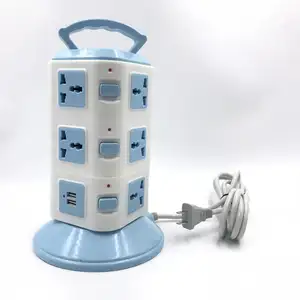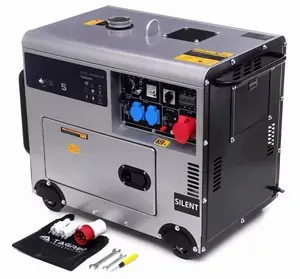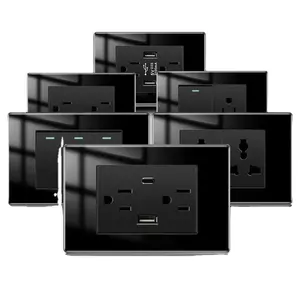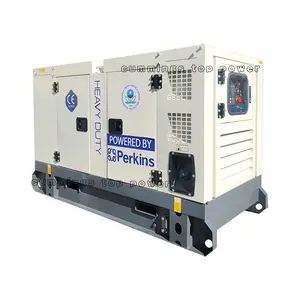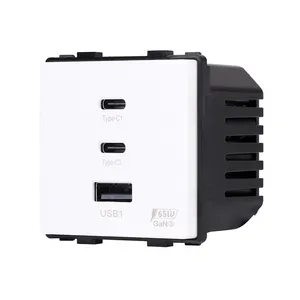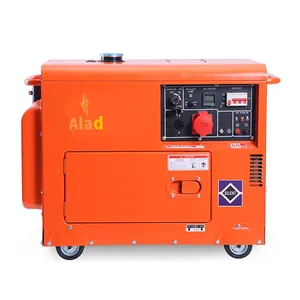Popular in your industry
























































Top categories
About copper busbar insulator
Copper Busbar Insulator Overview
Copper busbar insulators are critical components in the electrical industry, serving as a bridge between conductivity and insulation. These specialized devices are designed to support copper busbars, which distribute electricity within switchboards, distribution boards, and substiles. The role of copper busbar insulators is to provide a secure and insulated mount, ensuring that the busbars remain fixed and safe from any electrical interference.
Types and Materials
The variety of copper busbar insulators available on the market is extensive, catering to various applications and environments. Common materials used in their construction include high-grade polymers, ceramics, and composites, each selected for its insulating properties and durability. The choice of material often depends on factors such as thermal resistance, mechanical strength, and environmental conditions.
Applications and Features
Copper busbar insulators are utilized in a range of settings, from industrial power systems to commercial electrical networks. Their design features are tailored to meet the demands of these environments, including resistance to high temperatures, mechanical stress, and corrosive atmospheres. The adaptability of these insulators makes them suitable for various mounting configurations, enhancing their application scope.
Advantages of Copper Busbar Insulators
The use of copper busbar insulators in electrical systems offers several advantages. They contribute to the overall safety and efficiency of the power distribution network by preventing accidental contact with live busbars and reducing the risk of electrical faults. Additionally, their insulating properties help to minimize energy losses, which is crucial for maintaining system performance.
Selection Criteria
When selecting a copper busbar insulator, it is essential to consider factors such as the electrical and mechanical load requirements, the operating environment, and compatibility with the busbar configuration. The insulator's design should align with the specific needs of the electrical system to ensure optimal performance and longevity.
Environmental Considerations
In today's eco-conscious market, the environmental impact of electrical components is increasingly important. Copper busbar insulators are designed with sustainability in mind, often using materials that are recyclable and environmentally friendly. This consideration not only benefits the planet but also aligns with the growing trend of green energy solutions.
